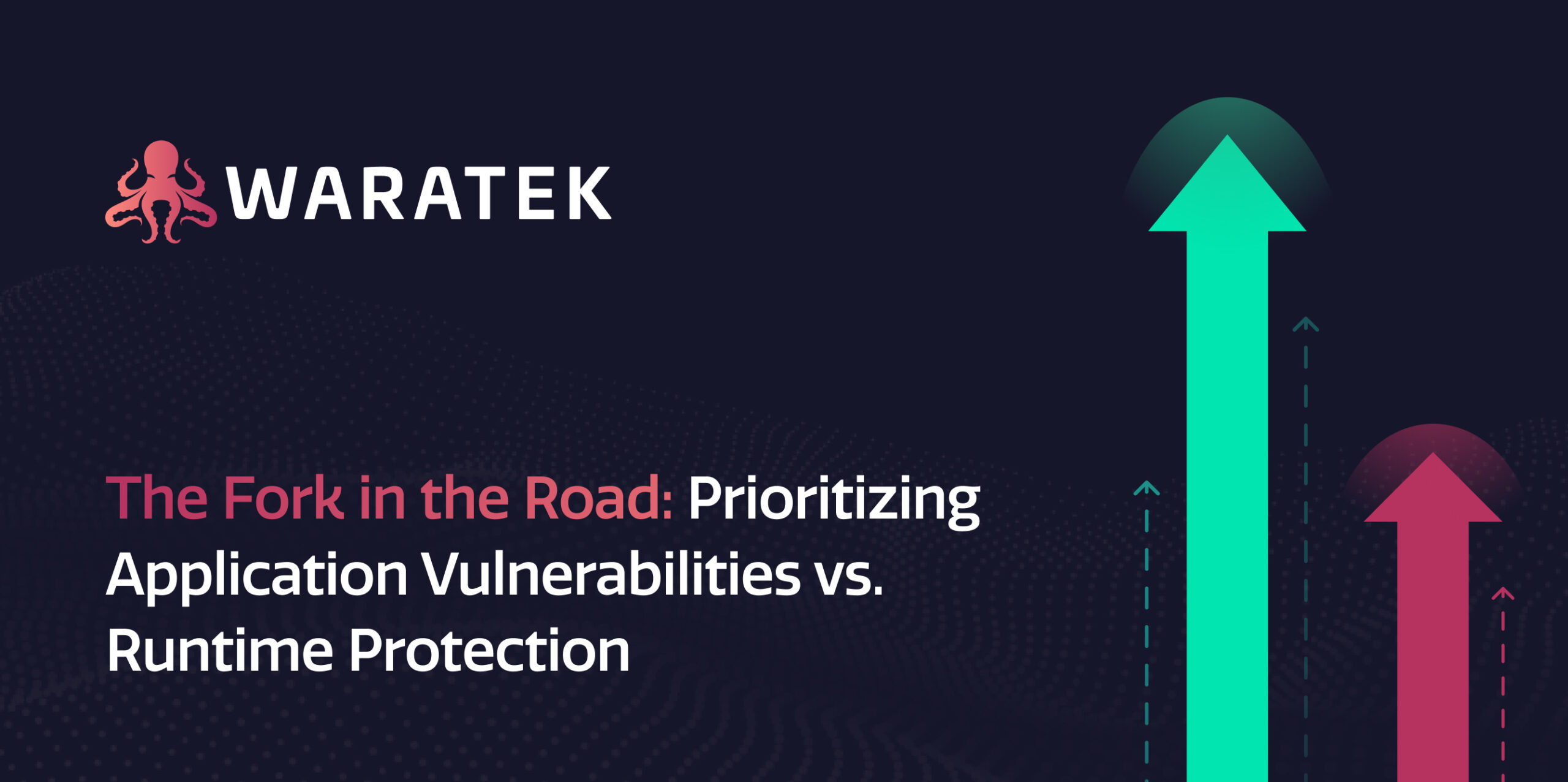
As physical financial transactions have almost completely given way to digital transactions over the past few decades, the process has become more vulnerable to attackers. This has eroded trust in financial institutions and cast cybersecurity front and center as an essential pillar of trust in the banking and fintech sectors. The cyber arms race is an ongoing fight, meaning that as cyber threats become more sophisticated, the task of securing sensitive data constantly becomes more complex and imperative.
Cybersecurity tactics are primarily built around scanning and identifying potential threats, and eliminating these threats in order of most to least risk. However, one persistent challenge continues to vex security teams: the menace of false positives. Read on to dive into the challenges and implications of high false positive rates on banking security, as well as a solution that revolutionizes threat detection and response in java applications and APIs by reducing false positives to net zero.
The Danger of False Positives in Finance
The realm of banking security operates in a delicate balance between safeguarding sensitive information and ensuring operational continuity. However, the sheer volume of false positives generated by security systems has created an uphill battle for security teams and incident response teams. According to a recent report, on average, security analysts spend over 20% of their combined time investigating false positives. This diverts their focus from genuine threats, consumes unnecessary resources and burns out security personnel. This led to 55% of respondents from the same report saying they miss critical alerts on a daily or weekly basis.
The identification of genuine threats in the midst of an incessant barrage of false positives poses an ongoing challenge for security teams. Particularly in the financial industry, critical systems are continuously inundated with alerts, making it difficult to discern genuine threats from benign ones. False positives can act as a smokescreen, allowing actual cyber threats to slip through the cracks undetected.
Compliance and Regulatory Requirements
While the banking sector’s burden of trust falls primarily to its customers and users, they must also remain compliant to government security regulations. Adherence to compliance standards, such as the GDPR and CCPA, is closely monitored, particularly in finance. Failure to meet these standards can result in fines, legal complications and loss of trust when it comes to the users. Inaccurate threat detection resulting from high false positive rates can put financial institutions at risk of non-compliance, leading to severe consequences.
Increasing the efficiency of threat detection and response should be the first priority for CISO’s in the banking sector who manage security programs. Eliminating false positives is the quickest and easiest way to see the needle move significantly on a cheaper, more streamlined and more compliant security program.
Waratek’s Innovative Approach
Enter Waratek, a Java Security Platform for applications and APIs that combines Java software and security engineering expertise. The Waratek platform enables the tracing of data flow within Java applications, offering companies unique precision in their java threat detection capabilites.
Let’s consider the process of uploading a profile image as an example. Embedding malicious code in an image is a very common attack vector, because developers often don’t think about validating against it. So there are several steps that happen when you upload a profile picture.
You get the blob — the raw data for the image — and shove it into the upload endpoint. When you do that, it might go through something like an “Allow File” function that checks the file’s extension and sees whether or not it is an appropriate file extension type (like .jpg, .png, etc.) After it clears that process, it might go into the “Upload File” function that saves a file on the server’s upload folder. Then the user’s profile record is updated in the database and the new URL is served to the client the next time that the profile is visited.
Throughout each of these steps, Waratek’s multi-tainting engine is able to examine what the data would look like before and after this function and what changed. Is the data now exploitable? If it is exploitable, it deletes that data and recompiles that function, rolling back the application state one step. Then it allows that data transfer back in through the now-rebuilt function that no longer has the vulnerability.
The platform will repeat this process until the outputs are free of exploitation. Imagine having hindsight as a superpower. You take a step and see if it was a good idea. If the answer is yes, you keep going. If it’s no, you just go back in time and take different step. It sounds like black magic, but Waratek exists at runtime because this is only possible to do in the actual application.
Using this process, Waratek reduces false positives essentially to net zero, allowing security teams to allocate their resources more judiciously. This technology can revamp banking security, by enhancing both threat detection accuracy and overall operational efficiency. Waratek’s approach aligns seamlessly with GDPR and CCPA requirements by enhancing the accuracy of threat identification, ensuring that genuine threats are promptly addressed, and compliance standards are upheld.
The Future of Banking Security
As the cyber threat landscape continues to evolve, security measures must become more proactive and adaptive. The burden of investigating numerous false alarms places immense strain on security teams, diverting their attention from real threats. Waratek’s Java security solutions provide the tools to trace data flow and minimize false positives. Eliminating these false positives is a pivotal step towards building and maintaining trust in the banking and fintech sectors. Waratek’s platform allows companies who operate java applications and APIs to remain ahead of emerging threats. By embracing advanced, specialized Java security solutions, the banking sector can pave the way for a more secure, efficient and compliant security landscape across industries.




